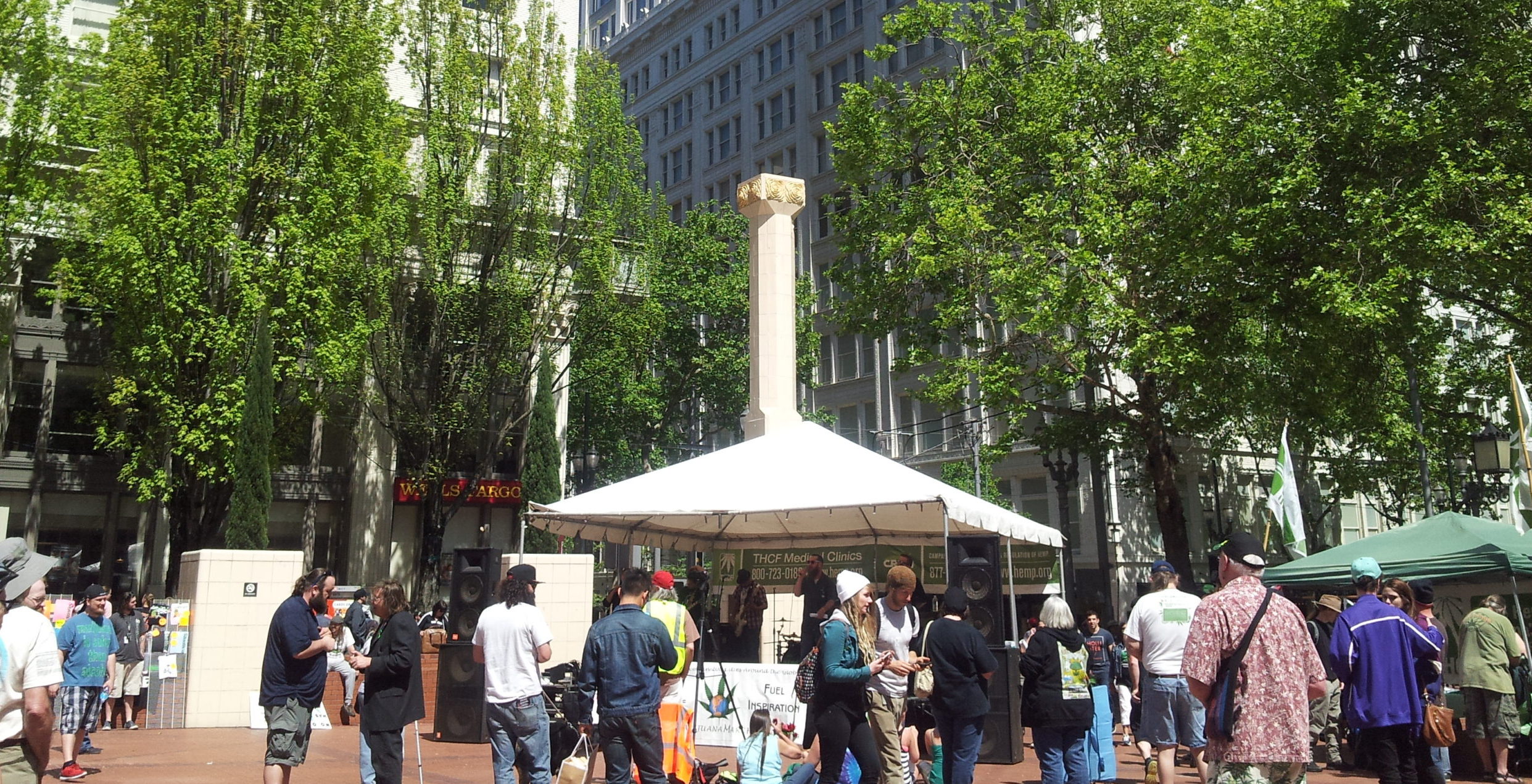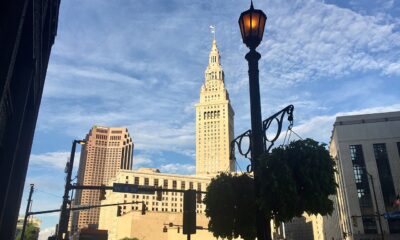Beginning July 1, the state of Oregon will ban all synthetically derived cannabinoids from sale on the open market, reported Oregon Live. The best known synthetic cannabinoid , delta-8, has already been banned or restricted from sale in twenty U.S. states, but Oregon’s new law affects all synthetically produced cannabinoids. That includes CBN products — now for sale to the general public in Oregon’s supermarkets and chain stores — which will be removed from shelves.
Licensed cannabis sellers can retain their CBN and delta-8 stock for now, but in July of next year the ban includes any synthetic cannabinoid product that has not won FDA approval — an unlikely scenario. On May 4, the U.S. Food and Drug Administration issued warning letters to five companies for selling products containing delta-8 THC, and under the DEA it’s still considered controlled substance.
In May, the U.S. Circuit Court of Appeals in San Francisco ruled that delta-8 THC products are federally legal trade under the Agricultural Improvement Act of 2018. That bill states “all derivatives, extracts, cannabinoids that contain less than 0.3 percent delta-9 THC by weight” are legal products to produce, but the ruling at the federal level still allowed individual states to ban them.
Extraction process cause for concern
The Oregon Liquor and Cannabis Commission (OLCC) cites public health concerns for the ban. The FDA has received adverse event reports involving products containing delta-8 THC from consumers, healthcare practitioners and law enforcement – some of which resulted in hospitalization. The FDA received 104 reports of adverse events in patients who consumed delta-8 THC products between December 1, 2020, and February 28, 2022. The FDA recently published a consumer update expressing concerns about the potential health effects of delta-8 THC.
Delta-8 and CBN are not found naturally in significant amounts in cannabis plants. Concentrated amounts of delta-8 and CBN are manufactured from hemp-derived cannabidiol via chemical extraction — that process is Oregon’s chief area of concern. CBN has not been linked to the same adverse reactions as delta-8, reported Oregon Live, but the chemicals used in the extraction process have drawn the OLCC’s attention. Other states were said to examining similar bans and policies.
“We have testing for pesticides. We have testing for residual solvents from the extraction process. We don’t have any testing for any of the whole universe of chemical reagents that you could use to synthetically turn one cannabinoid into something else, or for any of the byproducts of that reaction,” said Steven Crowley, the hemp and processing compliance specialist with the OLCC.
Advertisement
 Cannabis supporters gather for the Global Cannabis March in Portland, OR in 2015. Oregon plans to remove all synthetic cannabis extracts from supermarkets and stores, other than licensed cannabis outlets. PHOTO COURTESY WIKIMEDIA
Cannabis supporters gather for the Global Cannabis March in Portland, OR in 2015. Oregon plans to remove all synthetic cannabis extracts from supermarkets and stores, other than licensed cannabis outlets. PHOTO COURTESY WIKIMEDIA















